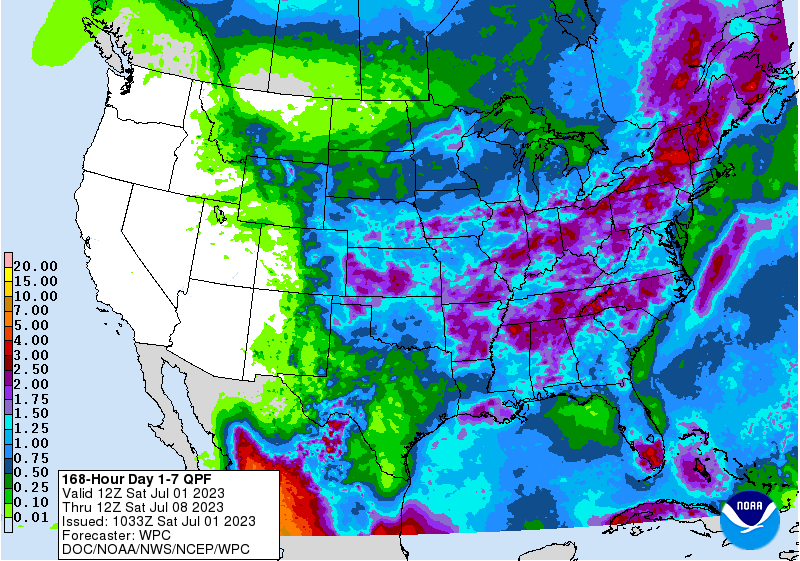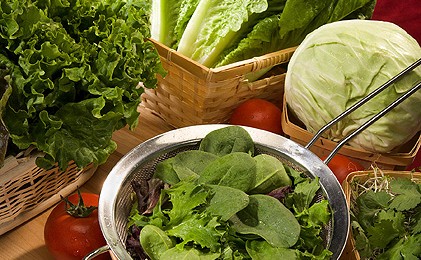-

You’ve probably heard the phrase “dog days of summer”. But what does it mean? And why is it commonly considered the period from July 3 to August 11? You can read more about it in this article from The Almanac at Dog Days: What Are the Dog Days of Summer? | July 3–August 11 |…
-

Here’s an interesting story about how Maine blueberry producers are using the wild blueberries they harvest to create a new product–blueberry wine. I was interested to read that wild blueberries are not like the commercial blueberries we grow in the Southeast because they are truly wild and are not planted like commercial blueberry plants but…
-

As I write this, the Braves are in the process of winning another game with multiple home runs and thunder is rumbling outside my window in Athens GA. Just another summer day in Georgia in 2023! Our fireworks display last night was delayed by severe weather, but they did eventually get it in about half…
Posted in: Events -

A new report on Australian stream quality, including the amount of sedimentation, was published in Physics Today last week. It shows that sediment from eroded land fills water holes in streams and rivers, reducing the available water that can help fish and other aquatic creatures to survive times of droughts. The study looked at the…
-

The updated monthly climate outlook for July 2023 shows that the entire region is leaning towards hotter than normal conditions. The precipitation outlook shows that the northern parts of the region are most likely to see wetter than normal conditions, with no predicted expectation in southern parts of the Southeast. July is usually a pretty…
Posted in: Climate outlooks -

The latest 7-day QPF forecast shows that all of the region will see some rain this week but most areas will receive only about an inch, which will not be enough to keep plants well hydrated in hot conditions. The wettest state will be North Carolina, and the driest areas will be southwest Georgia and…
Posted in: Climate outlooks -

Food waste produces more greenhouse gases than almost any other source. Not only does rotting food emit potent methane, but the transportation of food products that are ultimately thrown away also adds to the emissions. One way to reduce your emissions is to reduce throwing away food by only buying what you need and eating…